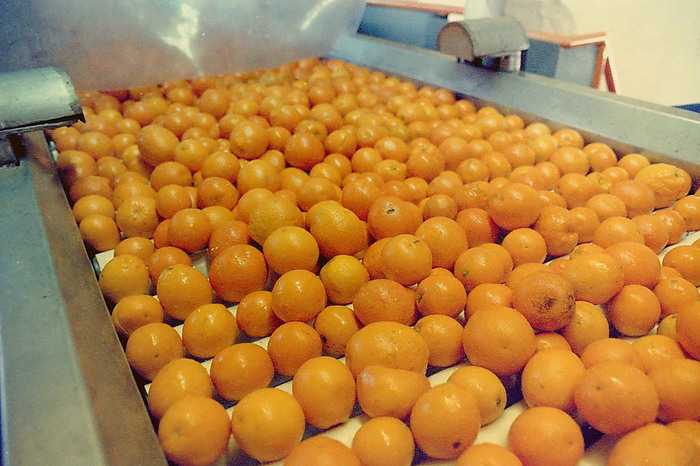Phuket Health: Is OJ a murderer?

PHUKET: Do you like to start the day here on our tropical island paradise with a glass of orange juice?
Before you reach for a glass, here is some food for thought.
New research contends that a glass of fruit juice increases the core blood pressure. Oh, and yes, it makes you fat. Researchers from Swinburne University in Australia recently released a study observing that people who had a daily glass of juice had significantly higher blood pressure.
Moreover, according to an article published in Diabetes Care called “Intake of fruit, vegetables, and fruit juices and risk of diabetes in women”, women who drink a glass of juice daily are 18 per cent more likely to develop type II diabetes.
FROM TREE TO TABLE
We all know that orange juice starts life as an orange on a sunbathed tree – an image that, for many of us, represents the embodiment of a healthy lifestyle. So, what happens to it between the day the orange is picked and the day it ends up as juice in your refrigerator?
Well, first, it gets squeezed. After that, things start to go horribly wrong. The juice itself contains almost no fiber, without which the huge amount of natural inflammatory sugar (fructose) in oranges is released into your bloodstream, at a very quick rate.
That sends your body into crisis (especially if not consumed with food), and provokes an insulin response – the fructose will be stored as fat if the liver or muscles don’t store it for short-term use. It can also help to fatigue your pancreas (which secretes insulin) to the point where you become susceptible to type II diabetes.
High blood-sugar levels are also directly and indirectly linked to health issues such as fungal infections, tooth decay, osteoporosis, ADHD, heart disease and chronic inflammation.
After it’s been squeezed, the juice is pasteurized (cooked) to increase its shelf life, and “from concentrate” juice then has the water evaporated from it by using vacuum and heat processing techniques before it’s frozen and shipped.
This pasteurization process destroys most of the vitamins and minerals, and denatures all of the vital enzymes, making your juice nutritionally degraded, and leaving you with just sugar and water.
“Not from concentrate” juice is also commonly pasteurized, as is organic juice. Freshly squeezed, unpasteurized juice is nutritionally richer, but still lacks the fiber needed to control your blood- sugar levels appropriately.
Most people know about acid erosion and tooth enamel, but the hidden cost to your teeth from uncontrolled sugar levels is paid with the amount of calcium and other minerals required to help control blood-glucose levels. When these minerals are controlling your blood glucose they aren’t helping your teeth, which leads to decay from the inside out.
IS IT REALLY SO BAD?
You’ll find some people who say that fruit juice is still a good way of getting vitamins and fluids into your body, but to many of us in the wellness field, this is nonsense.
Those people are patronizing you, assuming that if you don’t drink juice you won’t have the brains to figure out how else to get your vitamins and fluids. As a result, they end up giving out half-baked and confusing advice.
When you need fluids, drink water. When you need vitamins, eat lots of varied and raw vegetables, or drink vegetable juice.
Apple juice, grape juice, and many others are also guilty of the same crimes as orange juice, despite advertisements urging you to believe they’re healthy.
So, don’t be fooled. Just because an ad shows a healthy, fit, happy young couple drinking juice in a stylish kitchen, with morning sun pouring through the window, it doesn’t mean the juice is responsible for it.
Craig Burton is a nutritional expert with more than 15 years of experience. He offers a high-level of expertise in functional training and nutrition, focusing on detoxification, food intolerance and nutrient deficiency. For more information about Craig and his services, visit thevitruvianmethod.com
— Craig Burton
Latest Thailand News
Follow The Thaiger on Google News:


























